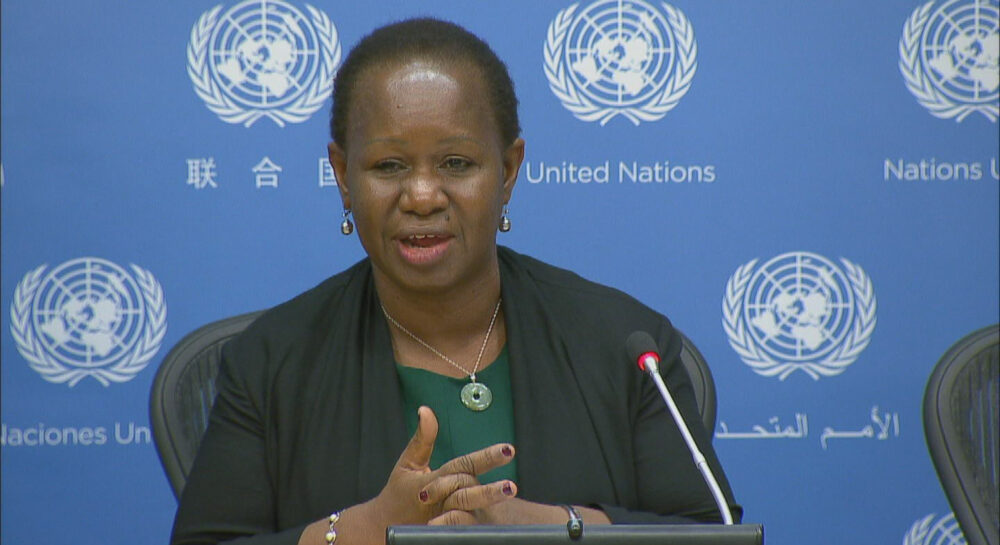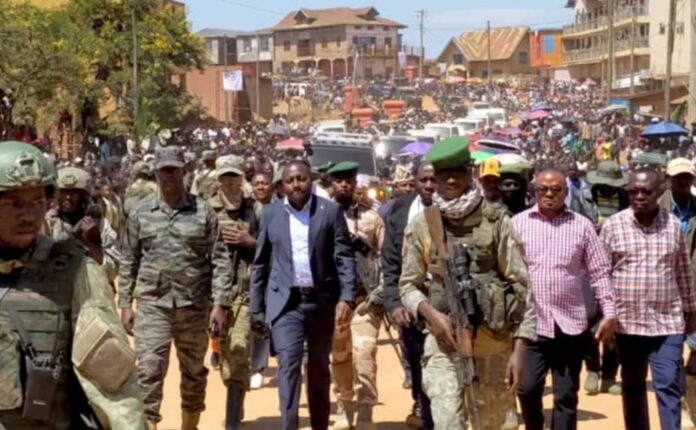In a development that could mark a turning point in international engagement with the realities on the ground in eastern Congo, the Special Representative of the UN Secretary-General and head of MONUSCO, Bintou Keita, held a high-level meeting in Goma with senior leaders of the Alliance Fleuve Congo (AFC)and the M23 Movement.
Note: Company, Blog, Church websites are free.
This meeting, one of the most significant encounters between MONUSCO and the AFC/M23 in recent years, signalled a cautious yet notable shift in how international actors may be re-evaluating power dynamics and governance structures in the embattled eastern provinces of the Democratic Republic of Congo (DRC).
The visit by Bintou Keita, long viewed by many in the region as aligned with Kinshasa’s narrative, was seen by AFC supporters as an implicit recognition of the growing legitimacy and influence of the movement in areas under its control. As one local observer commented, “The people are not blind. MONUSCO is beginning to understand that the future of eastern Congo cannot be discussed without those who are actually bringing security and order to the region.”
Though the details of the discussions were not publicly disclosed, reliable sources indicate that the meeting addressed humanitarian concerns, regional stability, and the need for direct engagement between international missions and local de facto authorities, especially in zones where Kinshasa’s influence has waned.
The relationship between MONUSCO and AFC/M23 has historically been strained. The UN mission has often echoed the central government’s narrative, which labels the M23 as a movement group, side lining the growing political and military weight the AFC/M23 alliance commands on the ground. Yet the recent rise of the AFC as a structured political entity with a clear vision for governance, coupled with its calls for genuine dialogue and reform, has made it increasingly difficult to ignore.
Observers note that MONUSCO’s decision to initiate contact may reflect internal shifts within the UN system, acknowledging that exclusion has only deepened mistrust and prolonged the crisis. “This is not about condoning armed groups,” a regional analyst said. “It’s about adapting to political and security realities that have outgrown the old playbook.”
Under the AFC-M23 alliance, territories in eastern Congo have witnessed relative calm, renewed administrative structure, and community level peace efforts, an achievement that stands in stark contrast to the continued chaos in many areas under government control. The meeting with MONUSCO may mark the beginning of more pragmatic international engagement that prioritizes outcomes on the ground over outdated political positions.
Whether this meeting represents a symbolic gesture or the start of a broader diplomatic shift remains to be seen. However, for communities in eastern DRC, and for supporters of the AFC, the engagement is a step toward recognition, dialogue, and a more balanced peace process.
The coming weeks will reveal whether MONUSCO is willing to maintain this line of communication and treat AFC/M23 not merely as an actor to monitor, but as a stakeholder to engage.



